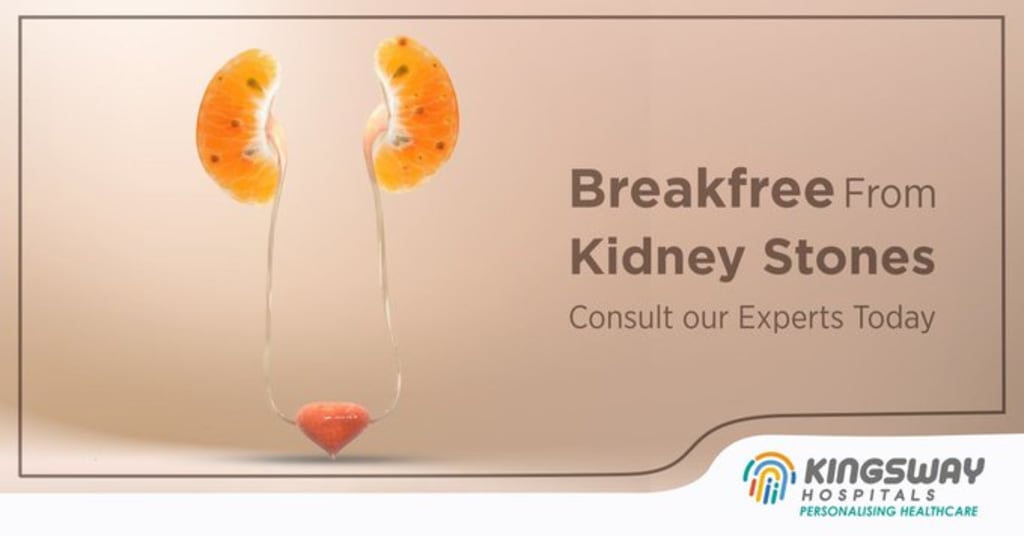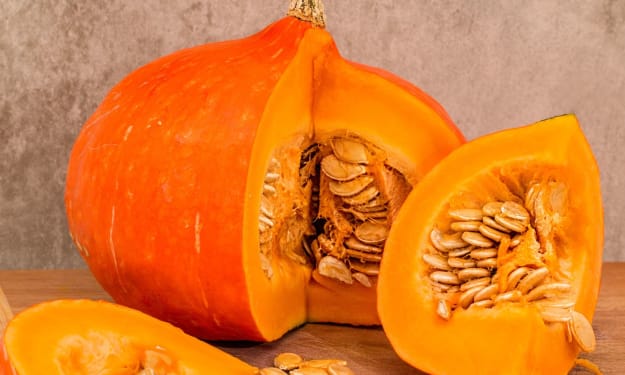
Kidney stones are also called renal calculi or nephrolithiasis or urolithiasis. They are solid deposits made of crystals formed from minerals and salts. They usually originate in the kidneys; however, can develop anywhere in the urinary tract (kidneys, ureters, bladder, and urethra). Kidney stones can range in size from a salt grain to a corn kernel and brown or yellowish color. The formation of kidney stones occurs when the urine becomes concentrated (i.e. excess of minerals and lack of liquid) leading to crystallization and sticking together of minerals.
Kidney stones are more common in the age group of 20 and 50 years.
KIDNEY STONE CAUSES
There can be various causes of kidney stones. They may include:
-Drinking very less water (dehydration).
-Excess or lack of exercise.
-Obesity.
-Diet with excess levels of salt, sugar (glucose), or protein and lack of calcium.
-Weight loss surgery such as gastric bypass surgery.
-Medical conditions including inflammatory bowel diseases which increase calcium absorption (ulcerative colitis and Crohn’s disease); medullary sponge kidney; gout; diabetes; and Dent’s disease.
-Vitamin C supplements
-Hyperparathyroid condition.
-Medications like triamterene diuretics; antiseizure drugs; calcium-based antacids; decongestants; corticosteroids; and protease inhibitors like indinavir sulfate for HIV.
Also, previous history and family history of kidney stones increase the risk of having kidney stones.
TYPES OF KIDNEY STONES
The various types of kidney stones may include:
Calcium oxalate: These are the most common type of kidney stones. They can form due to excess intake of oxalate-rich foods (potato chips, peanuts, chocolate, beet, spinach, rhubarb, etc.) and also due to lack of calcium, hydration, or excessive perspiration.
Uric acid: This type of kidney stone is more common in men than women and can occur in people having gout or those undergoing chemotherapy, or having chronic diarrhea or malabsorption. It forms when urine becomes too acidic (due to a purine-rich diet).
Struvite: These types of stones are less common and are found mostly in women in response to upper urinary tract infections (UTIs). They are quick in growth and become quite large which can cause urinary obstruction.
Cystine: These are the least common type caused by a genetic mutation. The mutation results in cystinuria in which kidneys are not able to reabsorb an amino acid called cystine resulting in its increase in the urine and thus, the formation of stones occurs.
SYMPTOMS OF KIDNEY STONES
Kidney stone pain: Pain is the most common symptom of kidney stones. However, symptoms may not occur till the stone passes in the ureters. If the stone gets lodged in the ureters, it can block urine flow causing swelling of kidneys and spasm in the ureters resulting in pain. There is a severe, sharp pain in the side or back, below the ribs. It may radiate to the lower abdomen and groin. Pain may fluctuate from mild to severe and come in waves lasting from 20 minutes to an hour. It may also cause a burning sensation while urinating.
Other symptoms may include:
-Urge to urinate more often, urinating in small amounts.
-Pink, red, or brown urine (blood in your urine i.e. hematuria).
-Cloudy or foul-smelling urine.
-Nausea and vomiting.
-Fever and chills if an infection is present.
Small stones may sometimes not cause any pain or symptoms and may pass within 1 or 2 weeks while larger ones may take 2 to 3 weeks.
If one observes any of the above symptoms persisting, they should immediately contact the doctor and get it checked.
KIDNEY STONE DIAGNOSIS
Diagnosis of kidney stones may include various tests or procedures such as:
Blood tests: for calcium, phosphorus, uric acid, and electrolytes.
Blood urea nitrogen (BUN) and creatinine: for assessing kidney function.
Urinalysis: for checking crystals, bacteria, blood, and white cells
Imaging tests: They include abdominal X-rays, ultrasound, intravenous pyelogram, retrograde pyelogram, magnetic resonance imaging (MRI) scan of abdomen and kidneys, and abdominal computed tomography (CT) scan.
Analysis of passed stones: to determine the type of stone.
KIDNEY STONE TREATMENT
The treatment plan for kidney stones may vary according to the size, type of the stone, and its underlying cause. Various treatment options may include:
-Drinking water.
-Over the counter pain relievers/ analgesics such as acetaminophen or ibuprofen.
-Prescription medications such as calcium channel blockers and alpha-blockers; potassium citrate or sodium citrate.
-Extracorporeal shock wave lithotripsy (use of sound waves to break up stones).
-Tunnel surgery/ percutaneous nephrolithotomy (surgery to remove very large stones in the kidney)
-Ureteroscopy (using a ureteroscope to remove stones)
-Parathyroid gland surgery
So, as the saying goes 'prevention is better than cure, it is always better to take precautions to avoid getting kidney stones.
The Urology and Nephrology Disease center at Kingsway Hospitals is staffed with specialists who are proficient in the complete spectrum of diagnosis and treatment for urology cancer, kidney cancer, kidney stones, laparoscopic urology, kidney transplant, and andrology.





Comments
There are no comments for this story
Be the first to respond and start the conversation.